In this report, TDWI uncovers deeper insights that give users new perspectives on business questions. AI will transform BI and the way people make decisions and act. Rather than start with a hypothesis, data analysts will begin with an AI-driven insight. Instead of querying data to prove or disprove their hypothesis, users will query data to expand or validate a machine-generated insight or recommendation—or they might act on the AI-based insight at face value. But to get to that point, AI-infused BI tools will need to gain people's trust by consistently delivering accurate, relevant, and transparent insights within the context of a business user’s existing workflow.
In the future, AI-infused BI tools will go beyond just surfacing insights; they will recommend ways to address or fix issues, run simulations to optimize processes, create new performance targets based on forecasts, and take action automatically. And yes, machines will make some decisions for us—especially operational decisions in real-time environments. We see this today with fraud detection and online trading systems, but it will become more pervasive.
Research and publish the best content.
Get Started for FREE
Sign up with Facebook Sign up with X
I don't have a Facebook or a X account
Already have an account: Login
Get weekly or monthly digest of all posts in your inbox: https://fmcs.digital/wim-subscribe
Curated by
Farid Mheir
 Your new post is loading... Your new post is loading...

Hamza Yousaf's comment,
April 6, 2019 4:21 PM
The New Gadgets of 2019 has been launched, These amazing features and stylish Gadgets is becoming famous in 2019 & ahead.
https://bit.ly/2VrK8I3 |

Curated by Farid Mheir
Get every post weekly in your inbox by registering here: http://fmcs.digital/newsletter-signup/
|




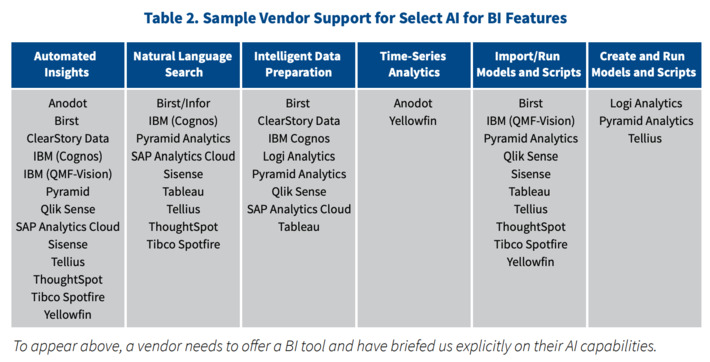

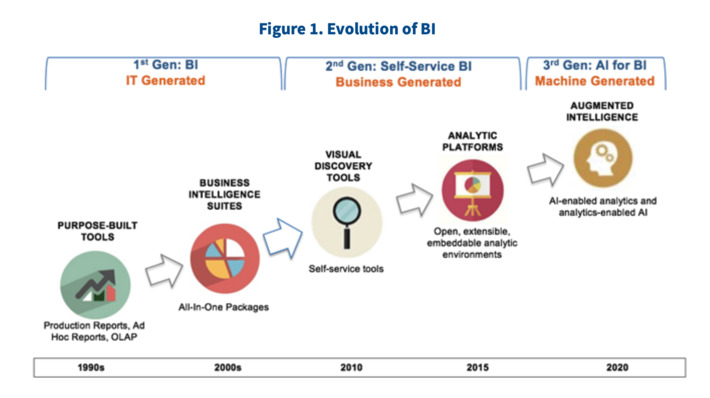
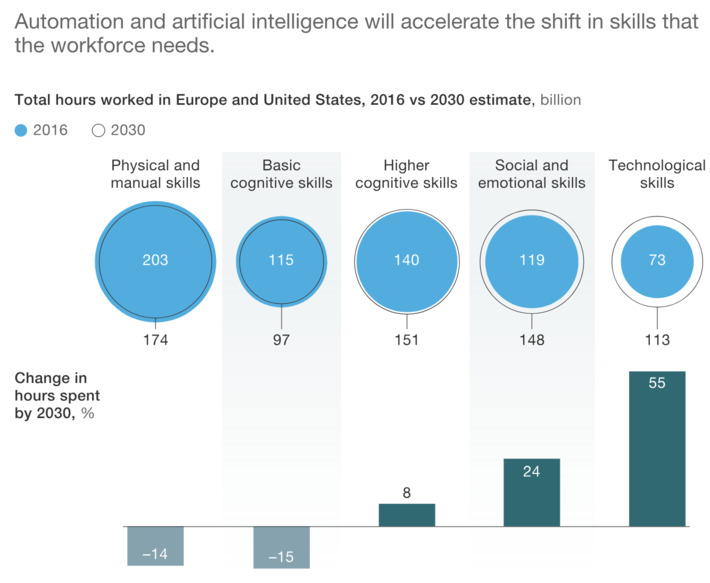
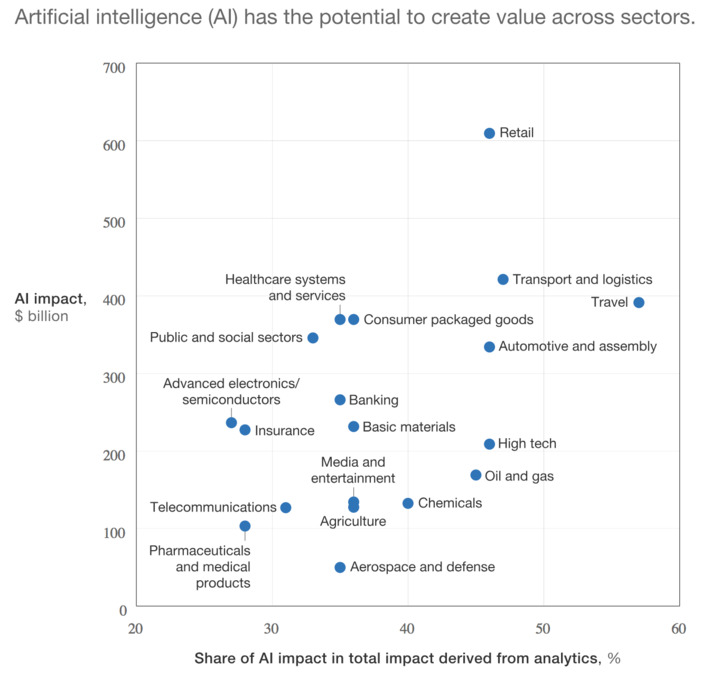
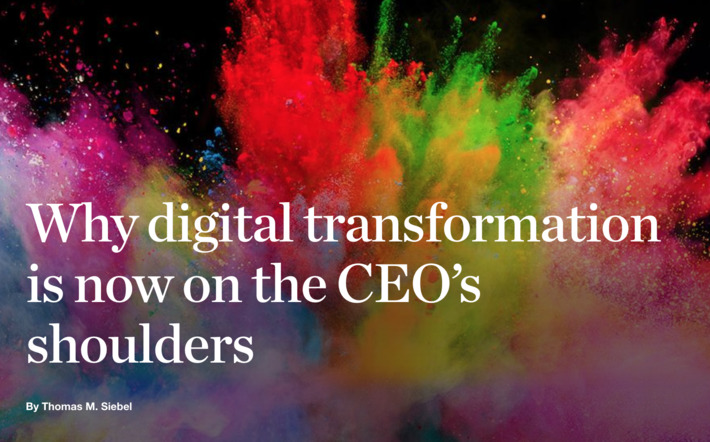
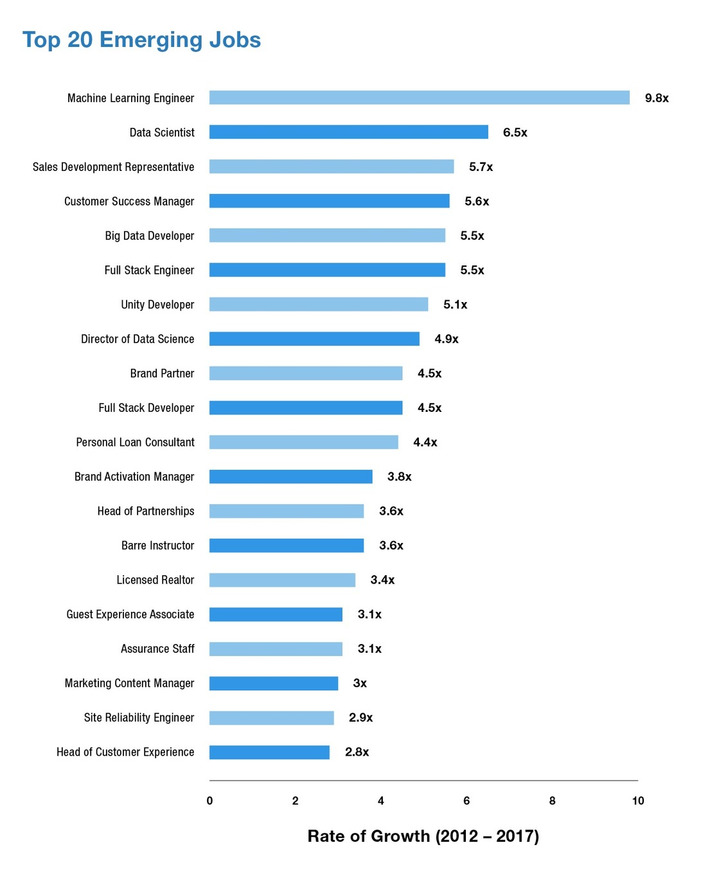
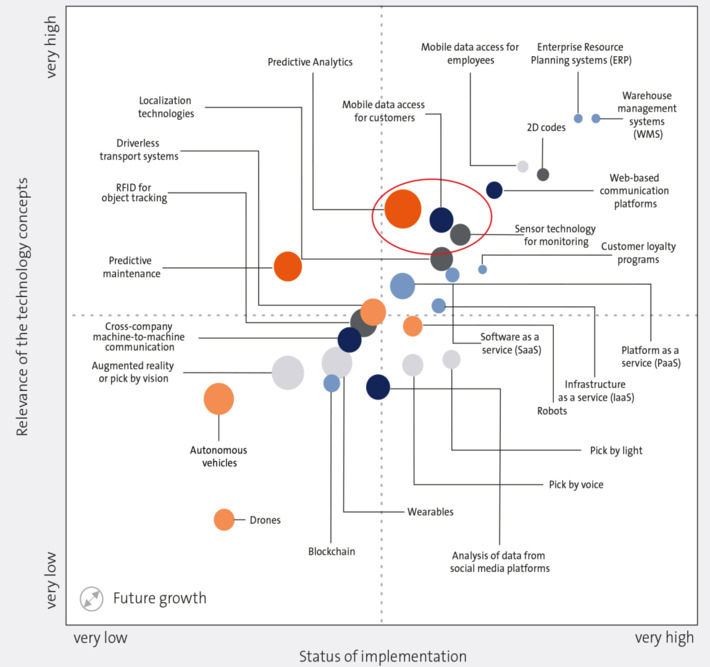
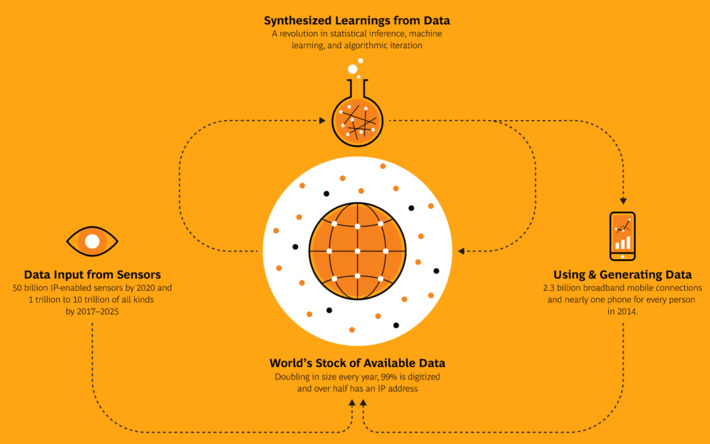


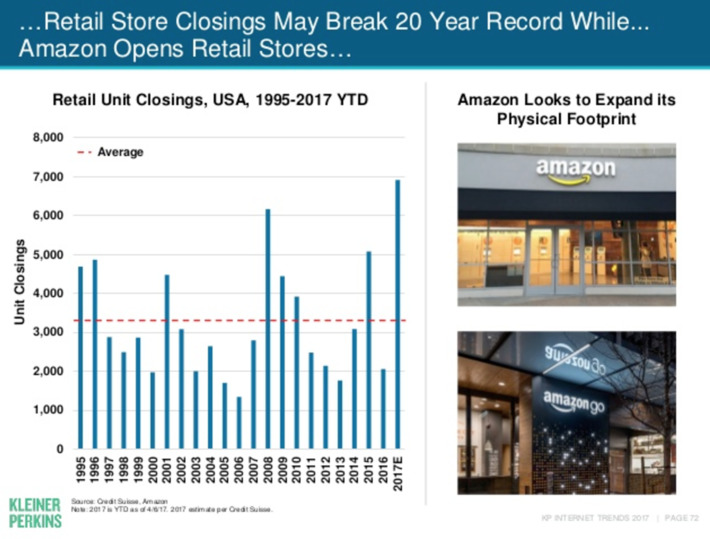









WHY IT MATTERS: an interesting report that puts artificial intelligence (AI) tools as tools to augment Business Intelligence (BI) and evolve the field beyond analytics into prediction. Also provide some good reference diagrams as this one.